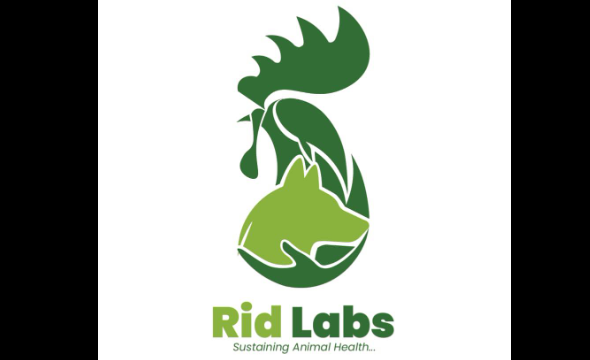The Imperative of Data-Driven Agriculture: A Paradigm Shift for Enhanced Productivity and Public Health
The agricultural landscape is undergoing a transformative shift, propelled by the integration of data-driven and science-based practices. This evolution, championed by agro-diagnostic firms like RID LAB, emphasizes the critical role of diagnostics in optimizing agricultural outputs, minimizing losses, and safeguarding public health. The call for this paradigm shift resonates deeply with the contemporary challenges facing the agricultural sector, particularly in developing nations where reliance on traditional, often anecdotal, methods persists. Embracing a data-centric approach, however, unlocks opportunities for enhanced productivity, informed decision-making, and sustainable agricultural practices.
Central to this transformative vision is the concept of diagnosis as the bedrock of modern agriculture. Rather than an afterthought, diagnostic testing should be the initial step in addressing agricultural challenges. RID LAB CEO, Femi Dairo, advocates for a policy shift that mandates diagnostic testing before treatment, emphasizing that without this crucial step, the pursuit of sustainable agriculture and the protection of public health remain compromised. This preemptive approach allows for targeted interventions, optimizes resource allocation, and mitigates the indiscriminate use of treatments, thereby maximizing agricultural productivity and minimizing potential harm to ecosystems and human health.
The indiscriminate use of antibiotics in agriculture, a practice often driven by guesswork rather than scientific evidence, poses a significant threat to public health. The emergence of antimicrobial resistance is a pressing concern, jeopardizing the efficacy of antibiotics in both human and animal health. Regulators, such as the National Agency for Food and Drug Administration and Control (NAFDAC), bear the responsibility of curbing this malpractice and ensuring the responsible use of veterinary medicines. Promoting diagnostic testing allows for the identification of specific pathogens, enabling targeted treatment and reducing reliance on broad-spectrum antibiotics, thus mitigating the risk of antimicrobial resistance.
The Lagos State government, through its Ministry of Agriculture and Food Systems, demonstrates a commitment to data-driven agriculture, recognizing its potential not only for enhancing farmers’ profits but also for safeguarding public health. Commissioner Abisola Olusanya underscores the importance of data-driven decision-making, emphasizing that successful farming must be grounded in facts and figures, not guesswork. This data-centric approach empowers farmers to make informed choices regarding crop management, resource allocation, and disease prevention, ultimately leading to increased profitability and sustainable agricultural practices.
The transition towards data-driven agriculture requires a collaborative effort involving government, farmers, and industry stakeholders. Creating an enabling environment through supportive policies, promoting access to diagnostic services, and fostering continuous capacity building are crucial steps in facilitating this transformation. Furthermore, the media plays a vital role in disseminating information and raising awareness about the benefits of science-driven farming, portraying it not as a burden but as a lifeline for a more productive and sustainable agricultural sector.
Turning data into profit is the essence of this transformative journey. By shifting away from traditional, often anecdotal, practices and embracing a data-centric approach, agriculture can unlock its full potential. This paradigm shift empowers farmers, enhances profitability, and contributes to a more sustainable and resilient food system. Through the concerted efforts of governments, regulators, farmers, and industry partners, data-driven agriculture can emerge as a driving force for economic growth, food security, and improved public health. This holistic approach, combining scientific rigor with practical application, promises a future where agriculture is not just a means of sustenance but a catalyst for a healthier and more prosperous society.


